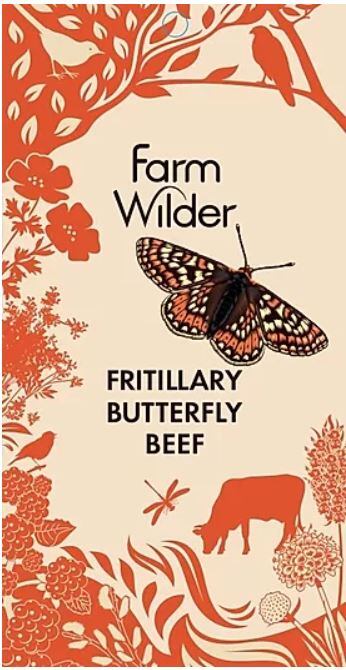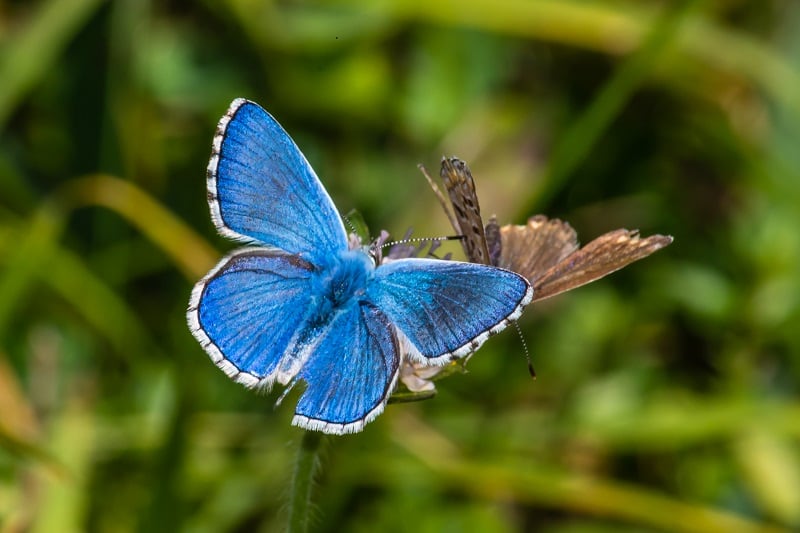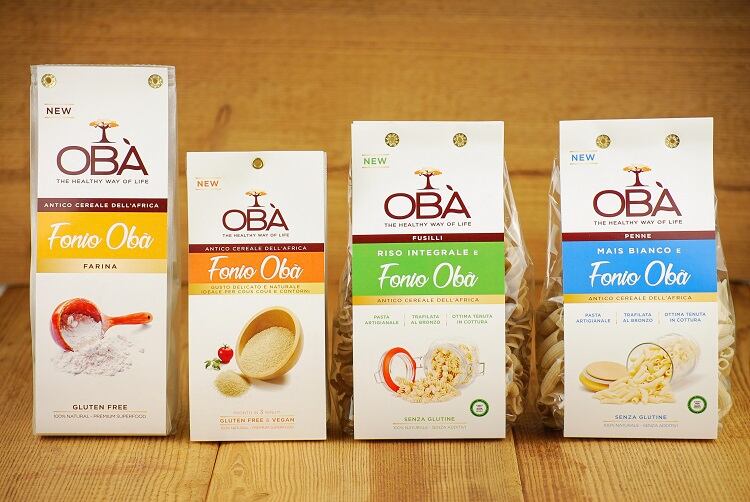The food system is transforming away from treating food as a commodity in an effort to connect with consumers who increasingly want trust and traceability from products and brands, according to speakers at the recent Oxford Real Farming Conference.
Tim Martin is a wildlife film maker who was inspired to launch Farm Wilder – which sells what it calls wildlife-friendly pasture-fed meat -- after years of frustration at witnessing ‘the relentless decline of British wildlife’. According to Martin, Britain’s countryside is being devastated by intensive farming. Hedgehogs, Tree Sparrows, Turtle Doves and many butterflies and bees have declined by over 90%, he said. The meat sold by Farm Wilder aims to restore Britain's farmland biodiversity, reverse the rapid declines in wildlife and combat climate breakdown.
The meat comes from native cattle breeds including Belted Galloway, Welsh Black, Highland, South Devon & North Devon Ruby Red, which thrive on the poorer pastures that are richer in wildflowers.
Cuckoo-friendly beef and lamb
Farm Wilder’s product range includes Fritillary Butterfly Beef, Cuckoo Beef and Cuckoo Lamb: named after the rare animals that are protected by the farmers supplying the product. According to Farm Wilder, the products are the first of their kind in the UK.
Demand for organic food has increased sharply in the EU, particularly in the northern countries. However, organic produce has its limitations, explained Martin, and doesn't guarantee biodiversity. "It guarantees more general wildlife, more earthworms, more blackbirds, but nothing specialist like Adonis blues.” He was thus inspired to give consumers the choice of buying wildlife-friendly, sustainable food. "As a consumer I would be prepared to by beef that comes from a diverse wildflower meadow with orchids… but I couldn't find the mechanism. I think there are millions of SpringWatch and Countryfile viewers out there who would like to support biodiversity and low carbon farming through their food purchasing if they could, but they can't. That's why a lot of people go vegan because they give up on the system. I thought could I create something that could change that.”
Farm Wilder uses distinct packaging designed to tell the story of the habitat and the “iconic flagship species” that the products aim to protect and restore. "There's big potential for online sales to reach so many more people who care about this across the country,” said Martin.

Putting forgotten beans back into the food chain
British pulse, grain and seed seller Hodmedod is tapping into similar themes. The Suffolk-based company sells what it described as an overlooked form of food production that ‘we used to grow a lot of in this country but stopped and forgot we did’.
“Hodmedod is an East Anglian dialect word for a hedgehog or snail,” said the firm’s director, Josiah Meldrum. "The dialect words that we find in our part of the world are disappearing - a bit like a lot of crops. Hedgehogs are disappearing from out landscape because of the way it is managed.”
Hodmedod's mission is to get more diversity onto consumers plates, he said, by reintroducing UK buyers to the joys of British-grown beans, peas, lentils, quinoa, seeds and cereals.
"Our aim is to diversify our diets to get us eating more of a range of crops. There are 300,000 potentially edible species of plant in the world. We rely on about six for about 60% of our plant-based protein and carbohydrates. In the UK we're even worse. Most of the beans we eat, we import. Most of the cereal crops for human consumption are moved into the UK from Canada. Hodmedod wants to get more diversity onto farms in the UK, more diversity into our diets for both health and sustainability reasons.”
He lamented that many of the UK’s fava beans, for example, are exported to the Middle East to make falafel and ‘other delicious things’. “We use them as animal feed. Up until 400 years ago they were a staple here.”
Thought beans ‘aren’t sexy’?
Hodmedod, too, focusses on packaging to encourage people to pick up what they may assume are innocuous looking packets of beans. "There are lots of fascinating stories surrounding the mythology of beans,” observed Meldrum. Beans, for example, are said to have formed the voting system used in ancient Greece, while Aristotle considered legumes to be the gateway to Hades.
“There's all these things we use to draw people into the story of the beans we should be eating… people really enjoy hearing these stories,” he added. “We want to celebrate the beauty of these crops and the farmers that grow them.”



